
Power of Storytelling in Podcasts
7 months ago Kasturi Jha

7 months ago Kasturi Jha
At the heart of every great podcast lies one simple thing: a story.
Stories are how we make sense of the world. They are how we build empathy, remember lessons, and feel less alone. In an age overwhelmed by data, screens, and distractions, stories cut through the noise and reach into the human experience. And there’s no medium more powerful for that than podcasts.
From intimate interviews to narrative audio series, podcast stories are shaping how we connect, learn, and influence. Whether you’re building a brand podcast, sharing your own journey, or creating a space for others to speak their truth, storytelling is the difference between background noise and life-changing content.
Let’s explore why storytelling works so well in podcasts, and how to harness its power to make your show unforgettable.
There’s a reason we remember bedtime stories from our childhood but forget most of what we read online this morning. Stories engage both the logical and emotional brain. They hold tension, inspire action, and create connection.
In podcasts, storytelling becomes even more intimate. Without visuals, our minds lean in harder. We imagine the scene, feel the pauses, and hear the emotion in someone’s breath. This makes the storytelling impact of audio incredibly deep and long-lasting.
Unlike other formats, podcasting allows for:
This intimacy turns podcasting into more than content—it becomes experience.
Podcasting has opened the door to voices and narratives that traditional media often overlooks.
You’ll find real people telling real stories: survivors of war, small-town entrepreneurs, single parents, artists, and immigrants. Voices that don’t have millions of followers but have something powerful to say. These are the stories that shift perspectives, start movements, and build communities.
This authenticity is what gives human podcast shows their edge.
In a polished, ad-heavy media world, podcasts remind us of what it means to just listen—without judgement, agenda, or interruption.
There’s a growing hunger for vulnerability, honesty, and lived experience. That’s why shows built around real life podcast themes are exploding in popularity.
Whether it’s a mother talking about grief, a teenager navigating identity, or a doctor sharing their first emergency room case—real stories stick.
They make listeners say:
“That’s me.”
“I’ve felt that.”
“I thought I was the only one.”
And that’s where transformation begins—not just for the audience, but for the storyteller too.
Podcasts like Terrible, Thanks for Asking, Heavyweight, or LOL – Let’s Off Leash thrive because they don’t shy away from complexity. They lean into the uncomfortable, and in doing so, offer healing and clarity.
If you haven’t already, listen to a few episodes of Let’s Off Leash. You’ll see how powerful a story becomes when it’s personal, purposeful, and unpolished.
You might think storytelling only applies to personal or emotional podcasts. But it’s actually the secret weapon for business shows too.
A brand podcast that tells stories instead of pitching products instantly becomes more relatable, trustworthy, and engaging.
Imagine the difference between:
A. “We’re an innovative company helping clients scale sustainably.”
vs.
B. “A small café in Al Quoz was about to shut down—until they used our platform to digitize orders. Now they serve 40% more customers every month.”
Which one do you remember?
Great brand podcasts don’t sell—they share. They turn testimonials into tales. Data into drama. Products into people-centered solutions.
That’s the difference between a boring ad and a binge-worthy episode.
No matter the topic, these elements help stories resonate:
Listeners need someone to root for. This could be a guest, the host, or even a narrated character in a scripted series.
What’s at risk? Whether it’s money, identity, or belonging, there should be something to lose—and gain.
Let the story breathe. Don’t rush through the highs and lows. Let tension and resolution unfold naturally.
Perfection is boring. People connect with flaws, uncertainty, and growth. That’s what makes it human.
Even if subtle, the takeaway should be meaningful. Stories don’t need to teach lessons—but they should leave echoes.
Depending on your format and audience, here are some types of stories that always connect:
Remember: storytelling isn’t about perfection. It’s about presence. Sometimes a quiet, shaky voice telling a simple story is more powerful than the slickest production.
If your podcast isn’t narrative by design, you can still integrate storytelling. Here’s how:
Whether you're hosting a wellness show, a comedy hour, or a corporate series, storytelling brings soul to structure.
As AI floods the internet with instant information, what will set creators apart is their humanity. And storytelling is the oldest—and most effective—human technology.
It’s how we remember. It’s how we belong.
That’s why the most successful shows in 2025 and beyond won’t just be the smartest or funniest—they’ll be the most emotionally resonant. The ones that make you laugh, cry, think, and feel less alone.
If you’re planning your next episode, ask yourself:
Your answer might just turn a forgettable episode into someone’s favorite.



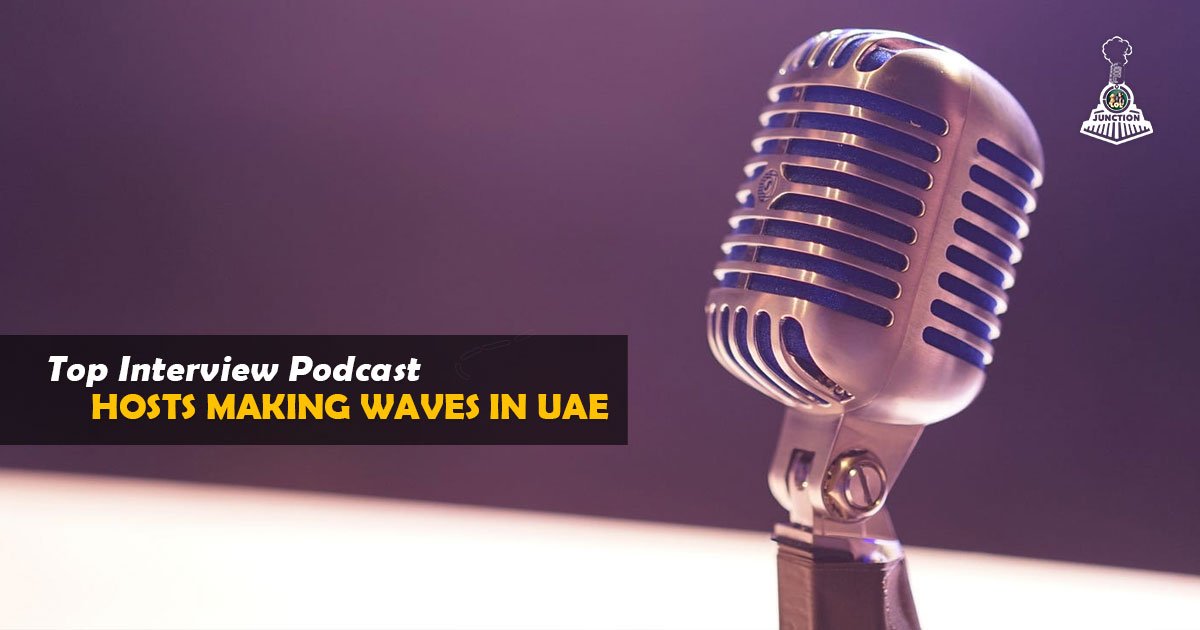

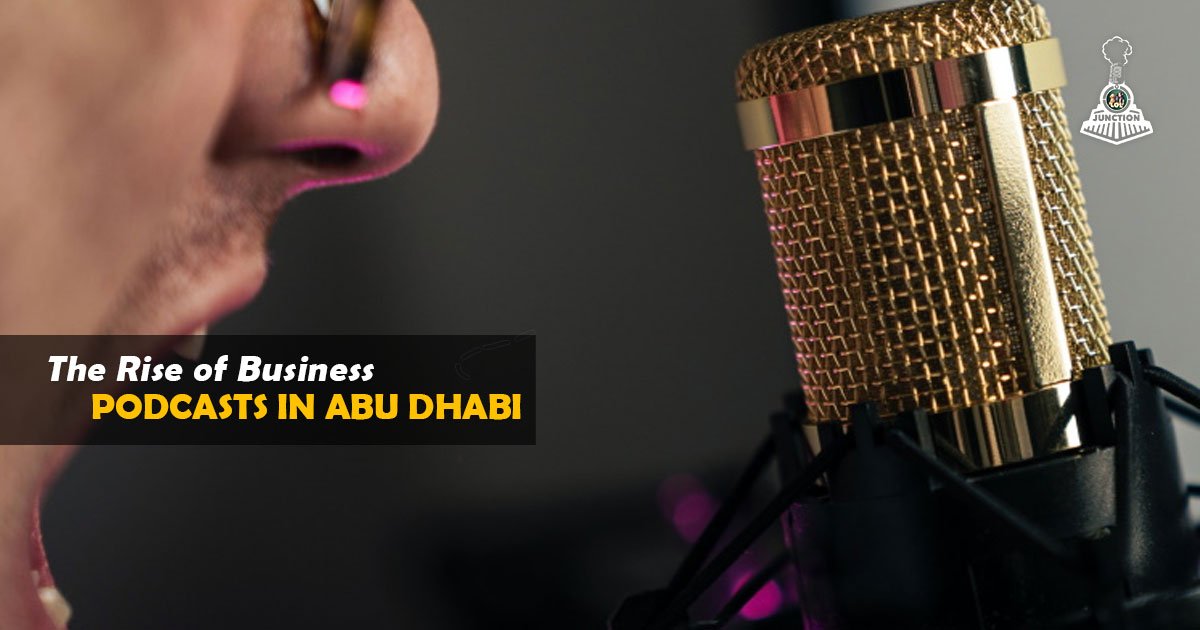
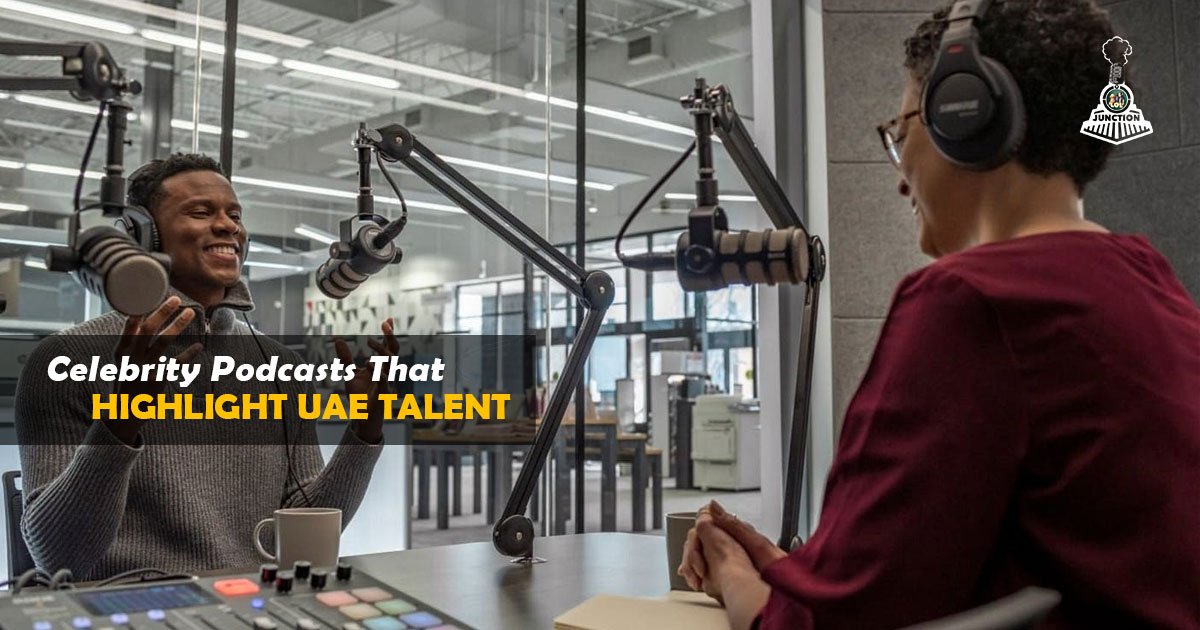
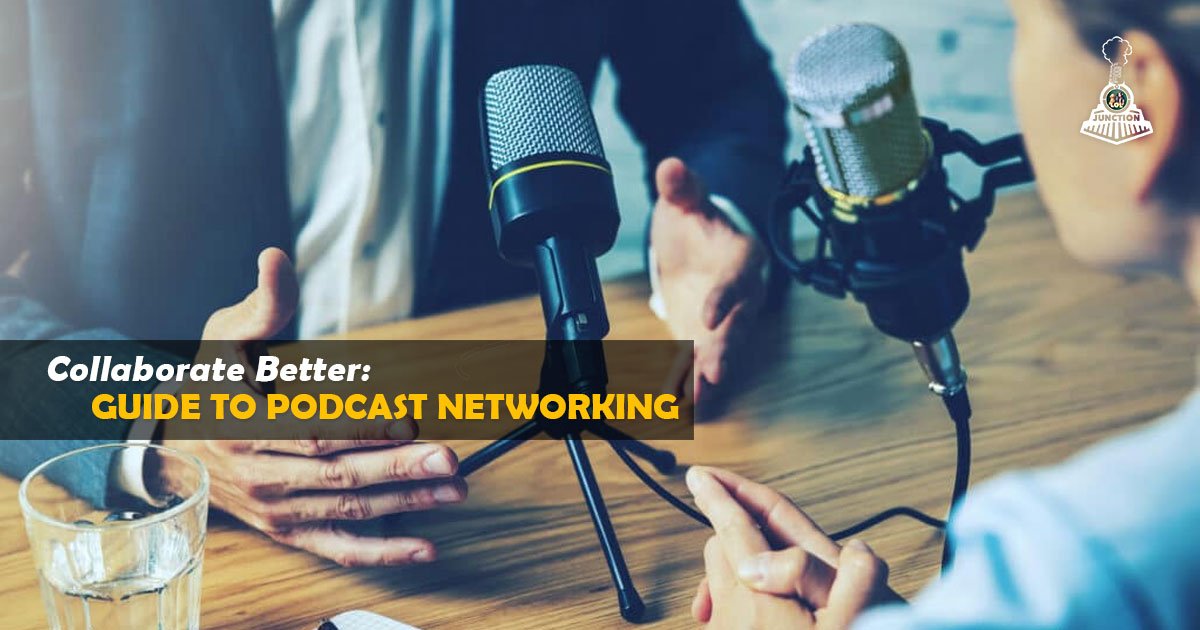

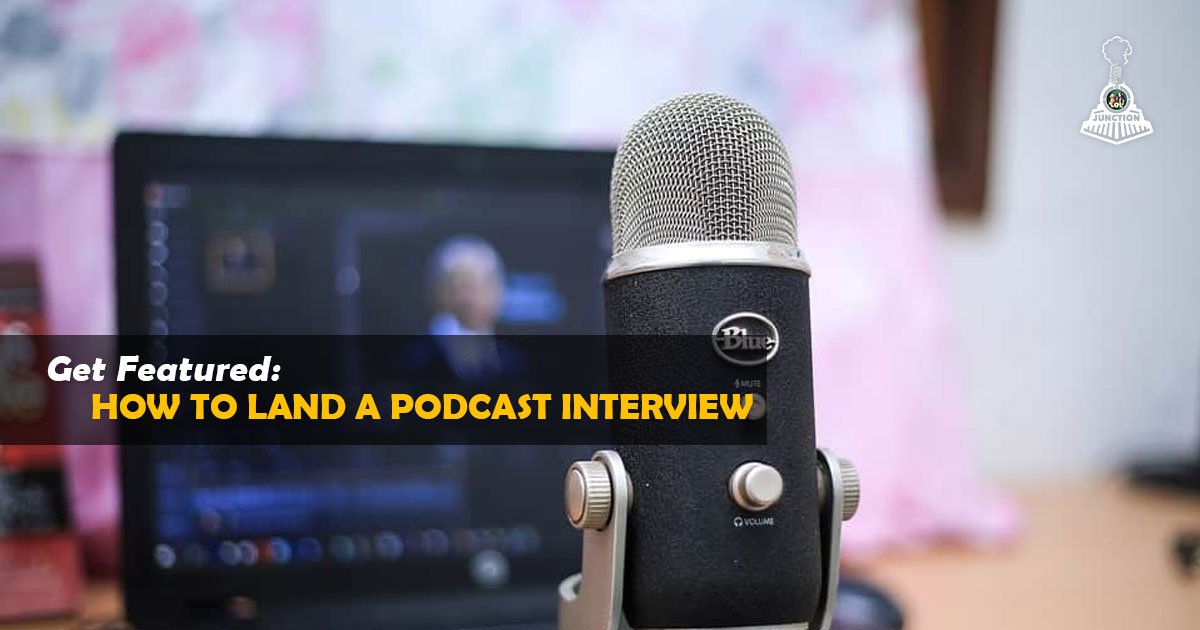
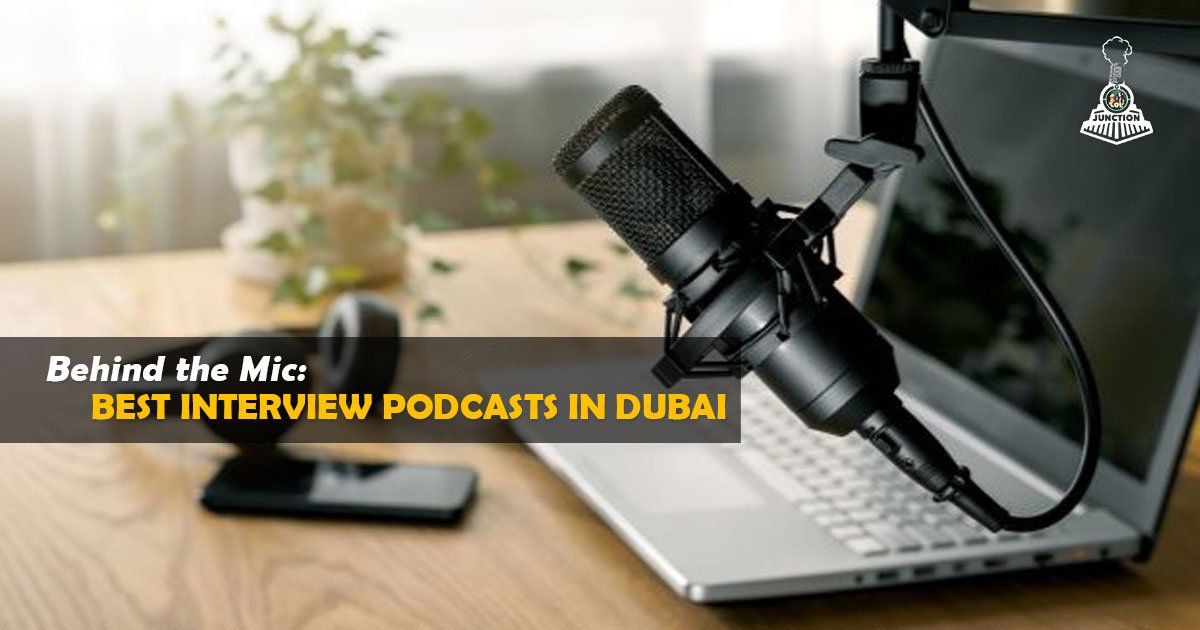


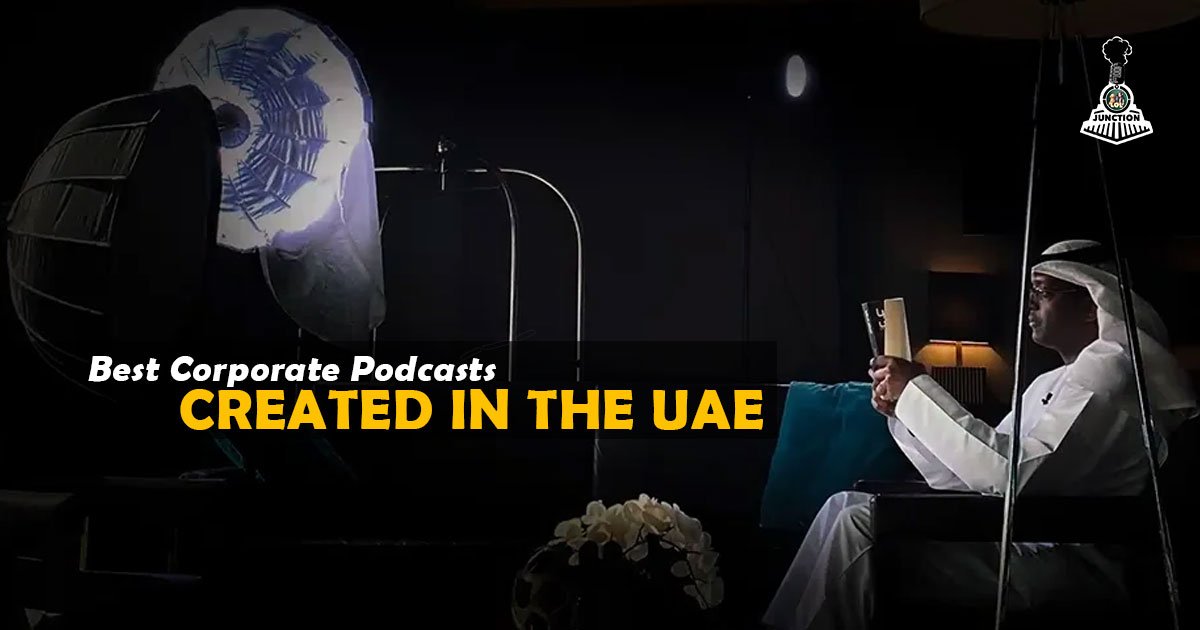
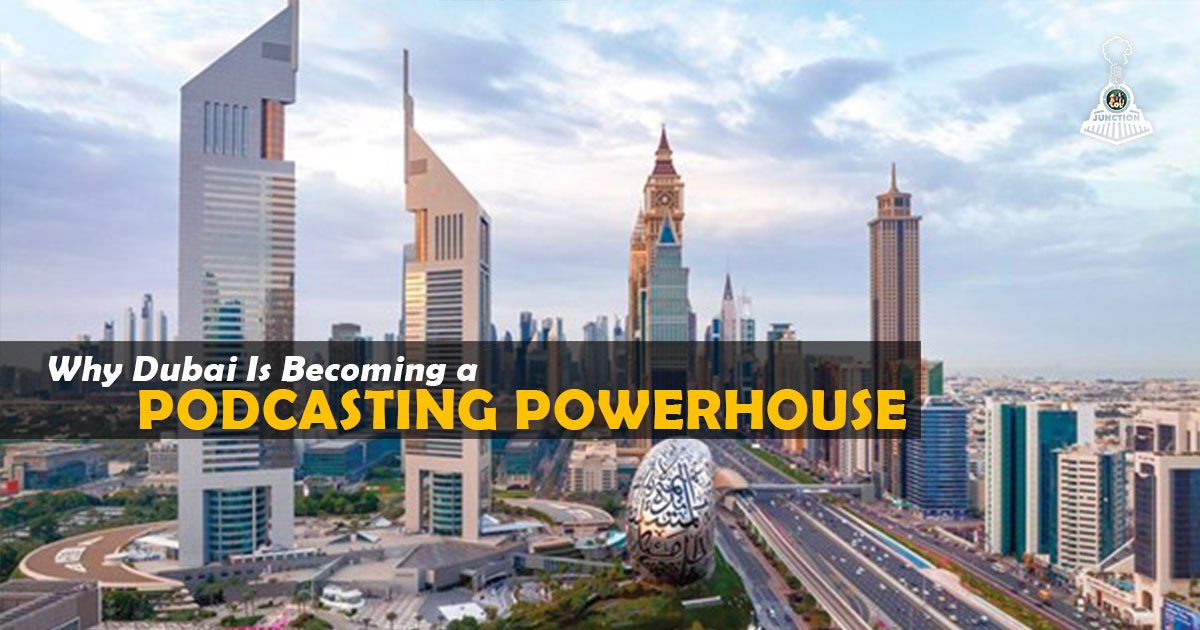


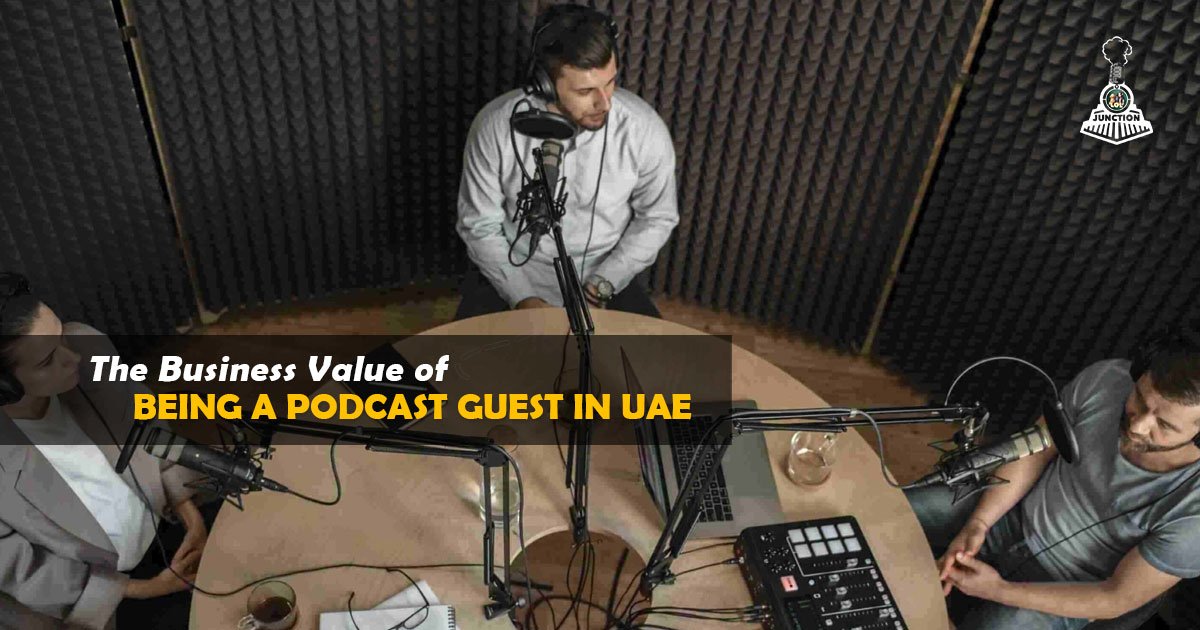
Learn how being a podcast guest in the UAE helps boost credibility, drive leads, and grow your audience.
Read More..
Learn how businesses in the UAE are leveraging podcasts to strengthen corporate identity and customer engagement.
Read More..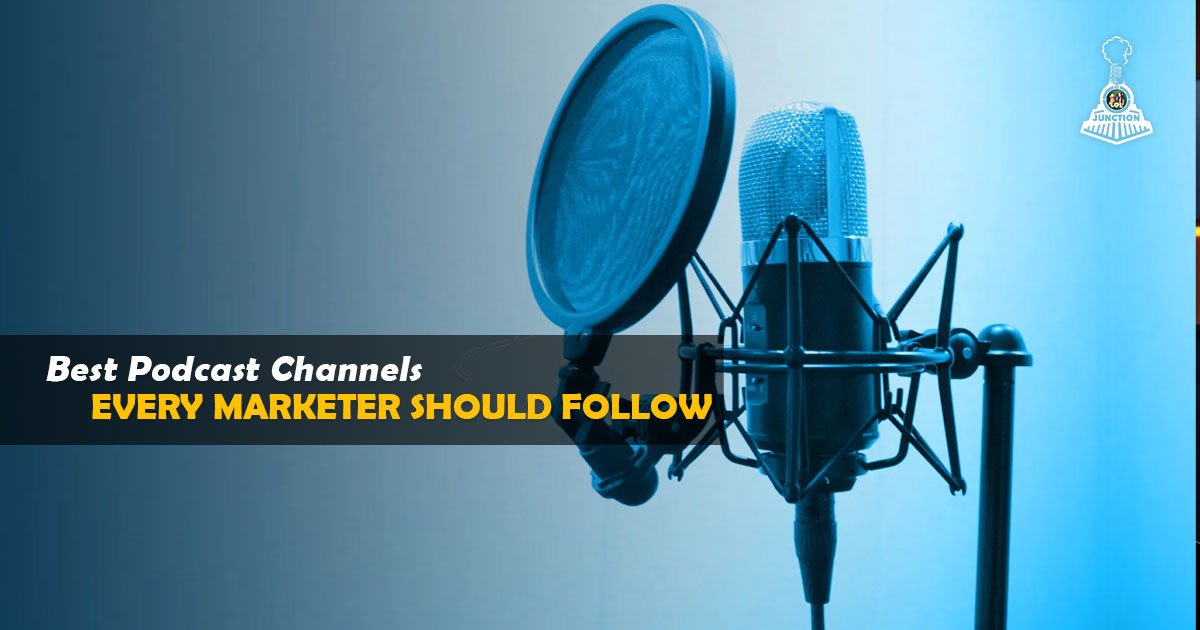
Explore top podcast channels that provide marketing insights, trends, and tactics, tailored for the UAE audience.
Read More..© 2025 LOL - Let's Off Leash. All rights Reserved. Powered by Dar Alafkar Marketing LLC